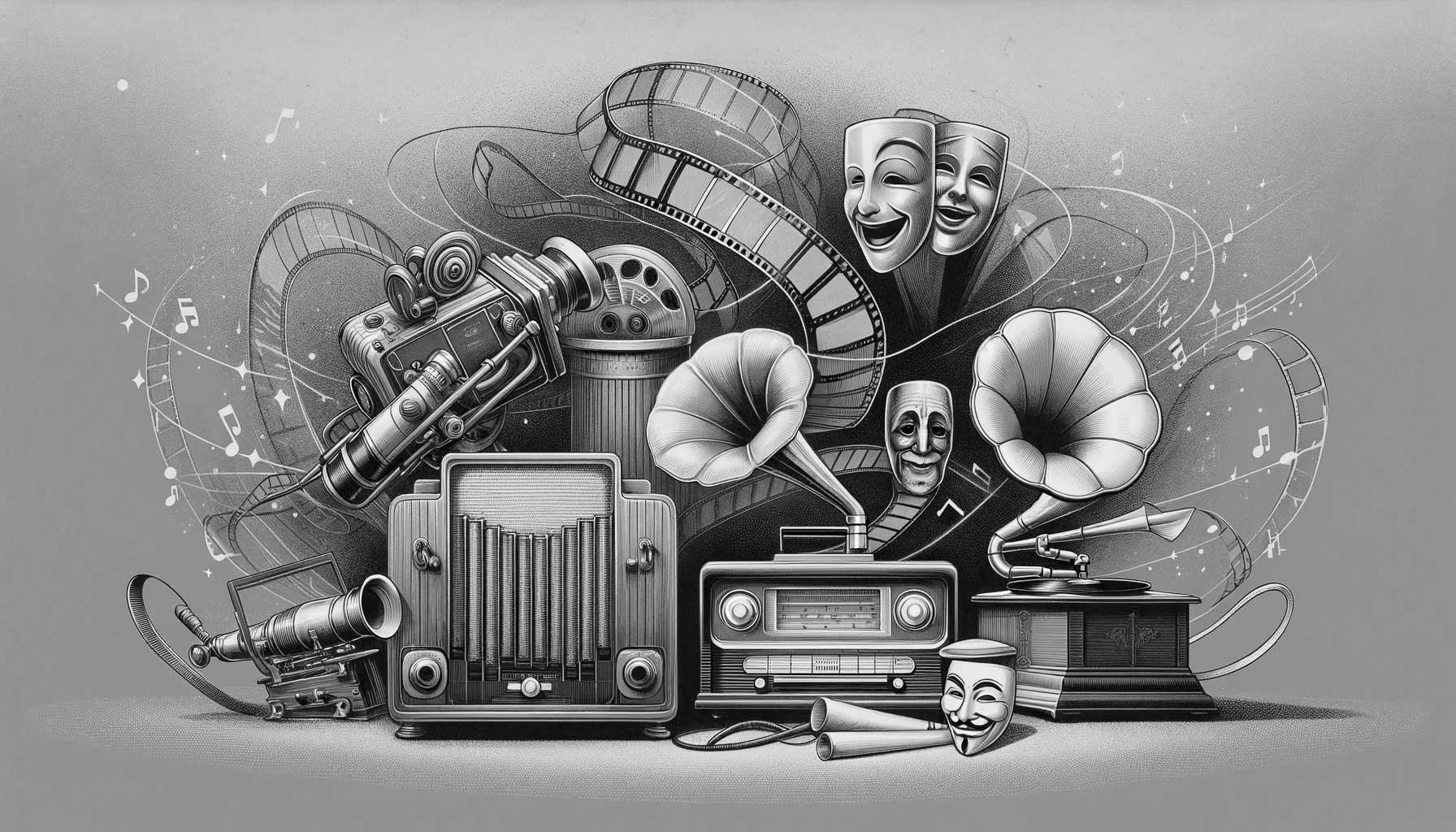Flashback to November 4
Entertainment History

1963
The Beatles’ John Lennon utters his infamous “Rattle your jewelry” line at the Royal Command Variety Performance (“The people in the cheaper seats, clap your hands… and if the rest of you would just rattle your jewelry.”).
Read moreIn the annals of music history, few figures loom as large as John Lennon of The Beatles. Known for his controversial comments and groundbreaking music, Lennon’s rollercoaster career serves as a blueprint for many aspiring musicians. One of his most famous instances of boundary-pushing commentary occurred on November 4, 1963, during the Royal Command Variety Performance. On this monumental night, he uttered his infamous “Rattle your jewelry” line, a moment that has since been etched permanently into the narrative of Beatles mania.
The Royal Command Variety Performance was a prestigious event, known for catering to the upper echelons of society, including members of the royal family. The Beatles, with their working-class Liverpool roots, were somewhat of an anomaly in this setting. Their brand of wildly popular rock ‘n’ roll music stood in sharp contrast to the refined, subdued atmosphere of the event.
The controversial and unforgettable moment came when Lennon, standing on stage before the gathered aristocracy, said, “The people in the cheaper seats, clap your hands… and if the rest of you would just rattle your jewelry.” With this statement, he managed to throw a satirical punch at the rigid class divisions of the time. This audacious statement encapsulates much of what made Lennon such a vital and unpredictable force in popular culture.
Lennon’s “Rattle your jewelry” line was a jibe aimed at the affluent audience, drawing attention to the class distinction between themselves and the “people in the cheaper seats.” He wasn’t just asking for applause from the crowd; he was exposing and poking fun at the class divisions that were (and continue to be) pervasive within society. It was an audacious comment that flew in the face of societal norms, making it a landmark moment in the marriage of pop culture and social commentary.
This spectacle of John Lennon’s cheeky humor still resonates today, half a century later, as newer generations of Beatles fans discover and debate the significance of his remarks. The incident is now considered central to understanding the personality and philosophy of one of rock ‘n’ roll’s greatest icons.
To truly appreciate the significance of this event, it’s essential to contextualize this within The Beatles’ career trajectory. By November 1963, Beatlemania was in full swing across the UK. The Beatles – John Lennon, Paul McCartney, George Harrison, and Ringo Starr – were the biggest band of the era, enchanting legions of fans with their catchy singles and captivating charm. However, they were still establishing their identities as individuals within the group, and Lennon’s provocative quip at the Royal Command Variety Performance announced him as the group’s outspoken rebel.
To this day, Lennon’s “Rattle your jewelry” comment remains one of the most pivotal moments of Beatles history – a sign of the band’s aversion to conforming to societal norms and their commitment to speaking out about issues that mattered to them. As it stands, that moment says as much about the social climate of the 1960s as it does about The Beatles themselves.
In the larger context of Lennon’s life and work, it’s clear that his “rattle your jewelry” quip at the Royal Variety Show was not an isolated incident, but rather a harbinger of things to come. Throughout his career, Lennon was known for his forthright and confrontational style, which he applied in equal measure to his music and his dealings with the press and the public. This notorious moment served as a preview of the countercultural icon he would later become, making it a vital piece of the Lennon puzzle for music historians and fans alike.
To conclude, the influence of John Lennon continues to reverberate throughout the world of music, and his distinctive style and raw talent continue to inspire countless musicians today. While much has changed since that night in 1963, the social implications and historical significance of Lennon’s “rattle your jewelry” comment remain as important and relevant as ever.
We strive for accuracy. If you see something that doesn't look right, click here to contact us!
Sponsored Content

The Beatles’ John Lennon…
During the Royal Command…

Filming wraps on The…
On November 4, 1960,…

Raphael Soyer, artist (Depression…
Renowned artist Raphael Soyer,…

